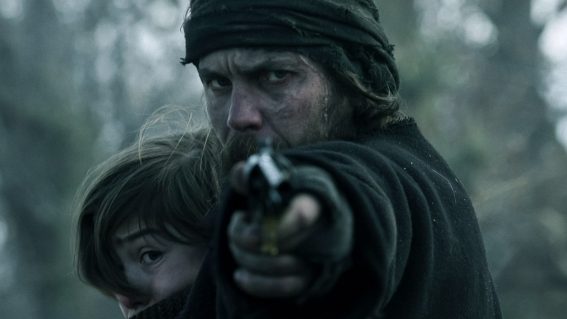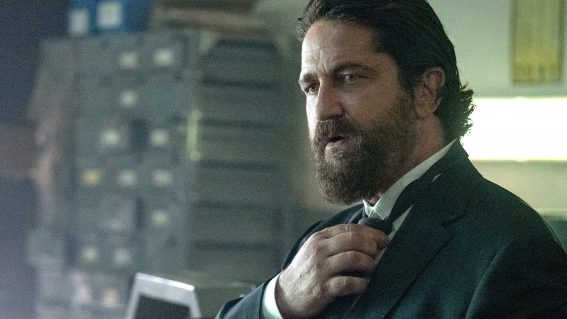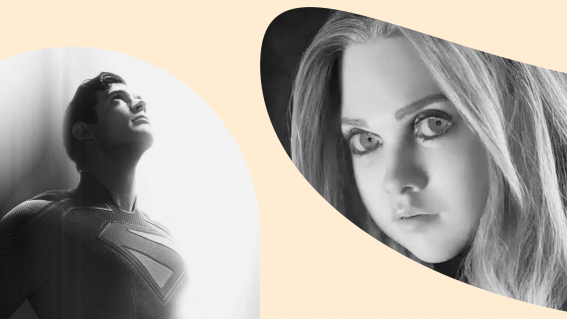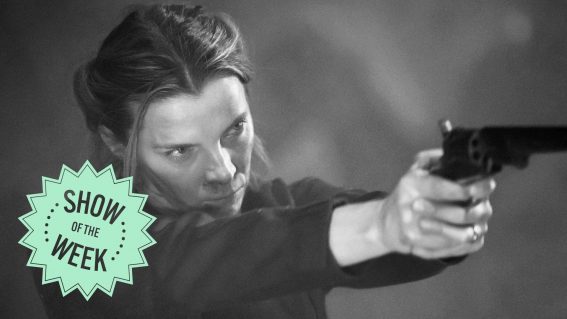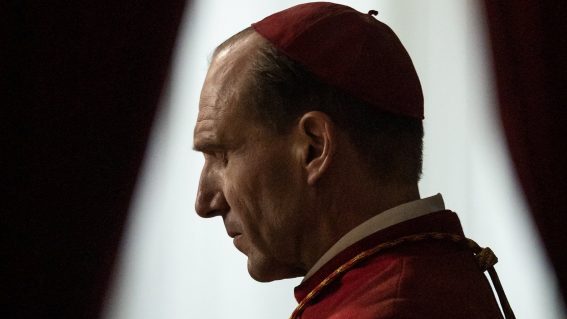Managing audience expectations: why Avengers succeeded where Game of Thrones failed

Two entertainment juggernauts recently came to a close: the Marvel Cinematic Universe and Game of Thrones. One ending satisfied fans and the other upset many. Laurence Barber explores what went right and wrong, and what these near-simultaneous endings say about the future of populist entertainment.
In an era of increasingly stratified pop culture, it’s absurd to think that both the Marvel Cinematic Universe and Game of Thrones ended within a month of each other. On a commercial level, these entertainment behemoths were well and truly too big to fail; Avengers: Endgame has set numerous box office records, while the Game of Thrones finale set an all-time viewership record for HBO in the US and for Foxtel in Australia.
But the response from both fans and critics alike has been wildly different. The Rotten Tomatoes audience score for Season 8 of Game of Thrones is 2.5 stars on average, compared to 4.3 for Season 7. Over on Metacritic, the average user score for the final run of episodes is around 3.7 out of 10. Compare that to Endgame’s 78 critic score and 8.1 average user rating, and 8.3 out of 10 average critic rating on Rotten Tomatoes alongside a 4.5 out of 5 average user score.
In many ways, both Endgame and Game of Thrones were equally likely to fall at the final hurdle. Each sprung from historically niche genres before being spun into a mainstream goldmine of profit. The eventual audience for Endgame, and the 21 films that preceded it, assuredly outstrips the number of readers of the comic series’ the full universe of films are based on. A Song of Ice and Fire, George R.R. Martin’s book series on which Game of Thrones is based, has sold over 90 million copies worldwide (with two more books in the series planned), but has a virtually unquantifiable global audience across 170 markets that certainly runs into the hundreds of millions, especially when piracy is accounted for.
But these juggernauts arrived at their success by very different means. The Marvel Cinematic Universe, before anything else, is a meticulously crafted branding exercise with the might of Disney powering Kevin Feige’s stewardship. These films rarely strayed outside of a defined visual aesthetic, with fairly minor innovations in style and tone coming from filmmakers like Taika Waititi and Shane Black. Feige, and Marvel, used this house style to slyly manage its expanding audience’s expectations; to insinuate in viewers’ minds a loose foreknowledge of what was to come, but to minimise the significance of what exactly would happen in favour of how it would play out.

There was never a question of whether Thanos would collate the Infinity Stones and wipe out half of the universe, just as there was never a question of the characters erased in Infinity War’s snap returning for Endgame – because the narrative construction of the MCU didn’t allow for that kind of ambiguity. But Marvel managed to inculcate a kind of storytelling where closed-off storytelling possibilities could still linger tantalisingly in audiences’ minds.
Game of Thrones, however, has thrived off its narrative ambiguity. This was unavoidable, in part because Martin has yet to finish writing his immense series. But in terms of audience response, Thrones became the television blockbuster we know it to be as a direct result of its narrative unpredictability. The first season’s execution of Ned Stark, our beloved main character, caused the show to move from hit to phenomenon; later, the Red Wedding would drive a similar surge in the series’ popularity.
Showrunners David Benioff and D.B. Weiss, who wrote much of the final season and directed the series finale, had a somewhat impossible task in sticking the landing on one of the most expansive and expensive TV shows ever made. But the evident carelessness in the final season’s construction hamstrung it in execution. The ending, which concluded many complex, long-running arcs, sprang up suddenly and violently, causing much of its audience – so accustomed to the longueurs of the closely adapted first four seasons – to react against it.
The numerous lingering plot threads that viewers had hoped to see resolved, once central to the show’s appeal, were backgrounded in favour of splashy spectacle and increasingly thudding dialogue. The third episode of the final season swiped away the biggest existential threat in the world of the show, casting it aside with barely a subsequent mention. Characters’ carefully unfurled arcs took jagged turns, as though Benioff and Weiss trapped themselves into misapplying the series’ famous dramatic shocks to the emotional current of the show, rather than using it to reshape the narrative.

Benioff and Weiss’ choice to compact the final season into six elongated episodes, purportedly to hasten their movement towards bigger projects like their Star Wars future, disrupted a narrative rhythm viewers had come to feel familiar with, if not cherish, across several years. Pace was always the thing, because it placed emphasis on the personal and politics, and suddenly it was no longer something audiences could expect.
These near-simultaneous endings tell us a lot about the future of populist entertainment, especially as media power becomes increasingly consolidated. The differing responses may guide the powers that be to favour the safer, less adventurous storytelling that allowed Marvel to land its franchise in such satisfying, but slightly inert, territory.
But a month after its release, it feels like all that could be said about Endgame has been said; the benefit, in the internet age, is that division creates dialogue. Game of Thrones might have mismanaged its audience’s expectations, but in doing so, it’s ensured a lasting power. It affords HBO the chance to market its prequel series as potentially answering viewers’ lingering questions about the Thrones mythology, while turning a massive new audience towards Martin’s novels, assuming he ever writes them.
If nothing else, the backlash to the ending of Game of Thrones has prepared Benioff and Weiss for the possibility of another. As they step into the world of Star Wars, their TV experience may have set them up perfectly to weather a storm, like that which formed around The Last Jedi. If nothing else, if they stumble there like they did on Game of Thrones, they’ll already be ready to move on to the next thing.


